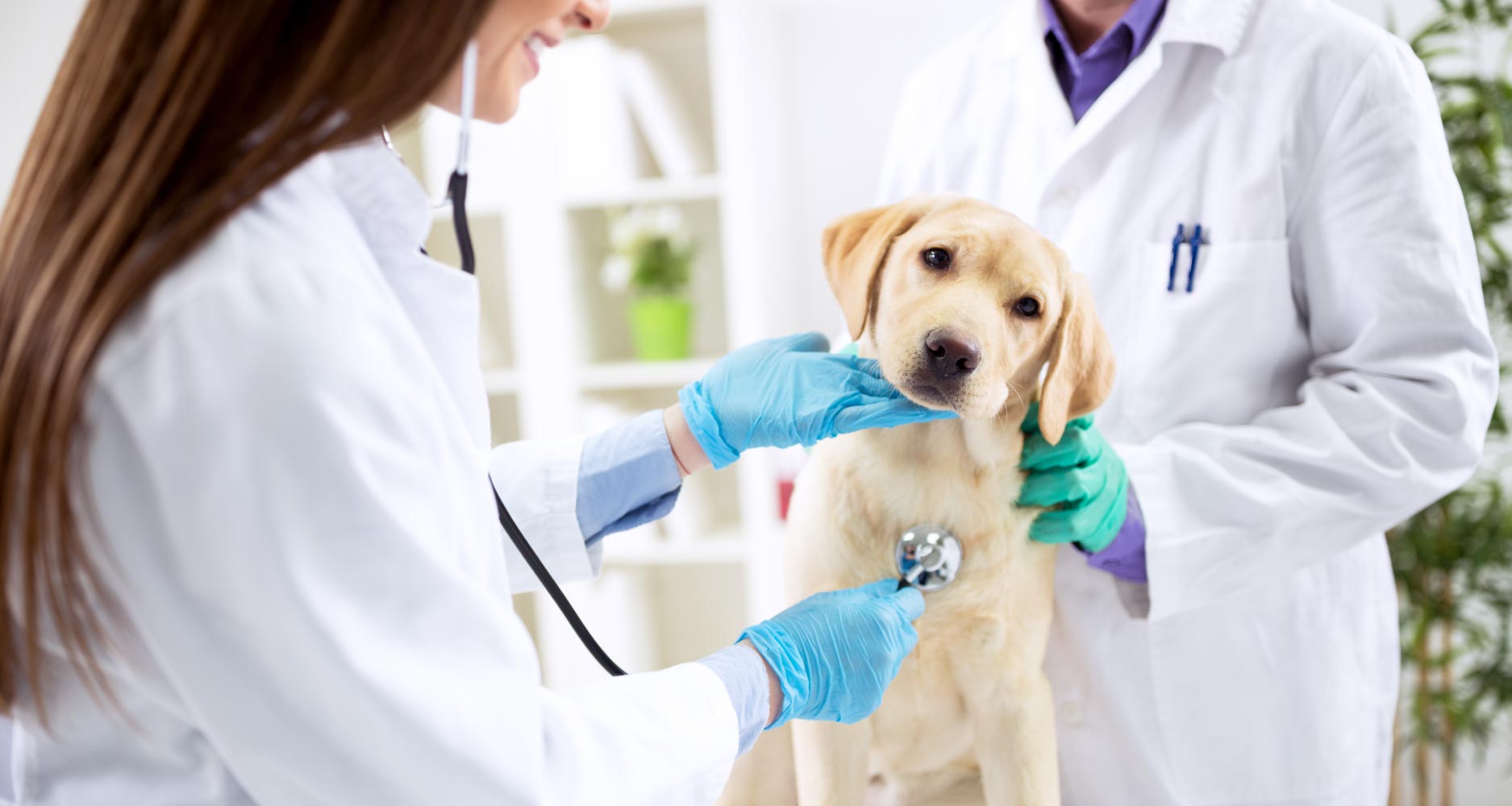HEALTH & WELLNESS

VOTING BOOTH

TRENDING

LIONS FOUNDATION OF CANADA DOG GUIDES
Lions Foundation of Canada Dog Guides and its founding program, Canine Vision Canada, was established in 1983. It’s the largest school of its kind in Canada with its training school in Oakville and breeding facility in Breslau.
How Veterinary Technicians Help Diagnose Heart Disease in Dogs

Catching heart disease in dogs early is paramount to managing it.
How is Heart Disease in Dogs Diagnosed?
Tests and procedures required to diagnose heart disease in dogs include:
- Blood test
- Urine tests
- Analyzing biopsy samples
- ECG, ultrasounds and X-rays
- Observed clinical signs such as lack of energy, coughing and collapsing
The Role of Veterinary Technicians in Veterinary Diagnostics
Veterinary technicians assist veterinarians in a similar way laboratory technicians and nurses assist doctors. The role they play in treating animals is vital to maintaining and promoting animal health well-being.
National Veterinary Technician Week is Celebrated Annually in October
Every year, since 1993, National Veterinary Technician Week is celebrated in the third week of October.
While these wonderful individuals are undoubtedly valued every single day, this important period provides the perfect opportunity to honour them and acknowledge their contributions.
The Responsibilities of Veterinary Technicians
Veterinarian technicians can assist veterinarians with tests and procedures required to diagnose and treat heart disease or failure in dogs. They may need to perform or assist with:
- Gently restraining dogs during tests
- Checking/testing thyroid gland function
- Acquiring and recording patient case histories
- Urinalysis to check kidney and metabolic function
- Blood chemistry test to check kidney and liver function
- Echocardiography to investigate the action of the heart
- Doing a complete blood count (CBC) to check for infection
- Taking/arranging chest X-rays to view heart size and look for fluid/masses
- Electrocardiography (ECG) to review cardiac electrical impulses and measure arrhythmias
- Collecting and preparing other samples/specimens for testing
- Performing the necessary laboratory procedures/tests
- Administering treatments prescribed by the veterinarian
- Advising and educating dog parents on the disease
Some possible additional responsibilities of veterinarian technicians:
- Administering emergency first aid
- Providing specialized nursing care
- Supervising and training personnel
- Administering medications, vaccines and anesthesia
- Assisting with diagnostic, medical and surgical procedures
- Preparing patients, instruments and equipment for surgery
- Monitoring and documenting patient activity and vital signs
- Performing dental procedures
If you are a dog parent, please consider reading Heart Disease in Dogs for more information.
Related Articles








